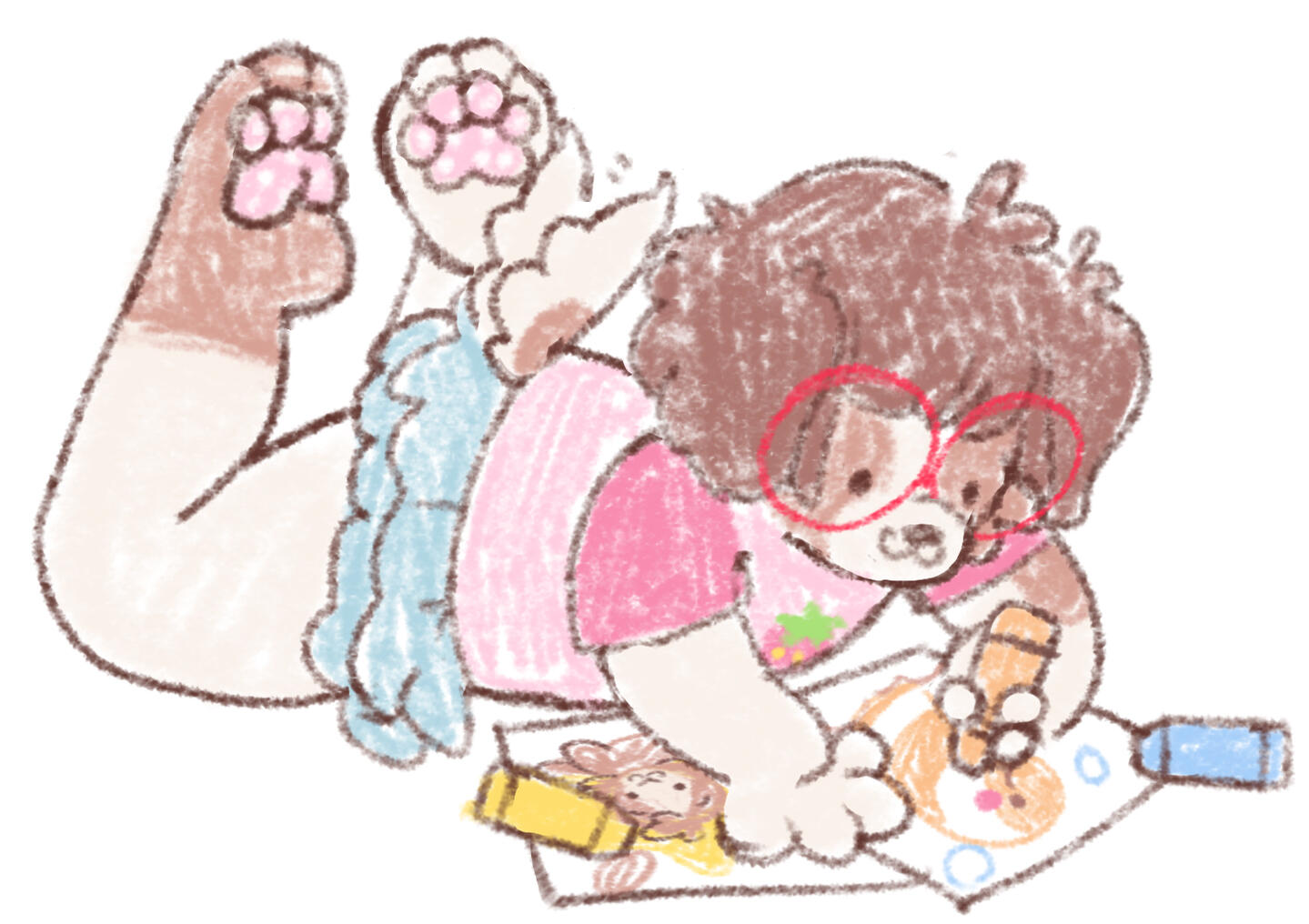capturing the safety and joy of childhood!
About Me
Welcome
Hallo and welcome! I am Moomi, thank you for stopping by my website and supporting me today!My art mainly features cute, baby animals and my biggest inspirations are Sylvanian Families and childhood nostalgia. I am a huge advocate for embracing the things which made you happy as a child- I don’t believe that you have to grow out of being happy and silly! I try to capture that feeling of safety and happiness that everyone deserves to feel during childhood.I began my sticker project around 2021 when I started uni. I couldn’t bring all my art supplies into my small uni accommodation so I bought my first ever drawing tablet and I grew from there! Over the past few years, I have started to take my business more seriously: expanding into badges and shirts, getting registered as an official business and even attending in-person events! I can’t wait to see where my art will take me and I hope you’ll follow along and see!





